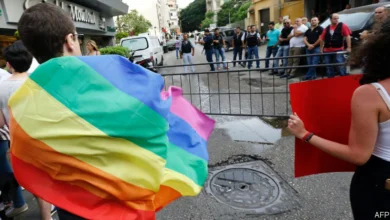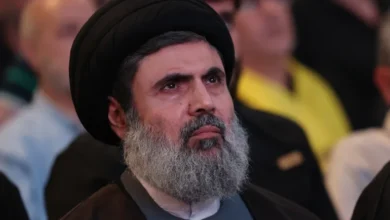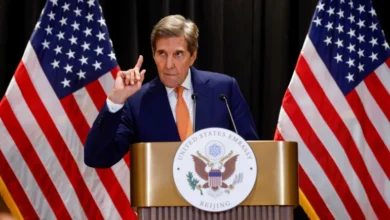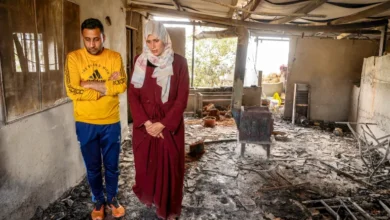Will Ukraine interior minister’s death cut reforms short?
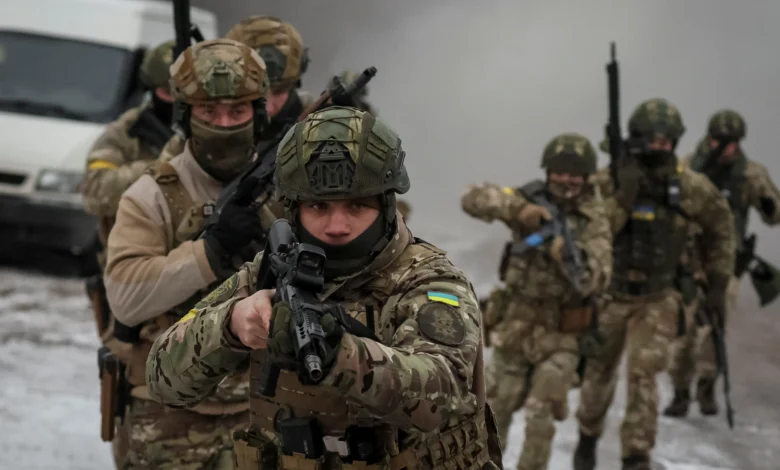
A helicopter crash has killed Denys Monastyrskyy, Ukraine’s interior minister, who was reforming his nation’s notoriously corrupt and brutal police force.
The 42-year-old lawyer was one of President Volodymyr Zelenskyy’s protégés appointed to clean up the Augeas stables of Ukrainian law enforcement.
Post-Soviet Ukraine’s interior ministry has about 350,000 staffers and an outsized role, which includes control over emergency and migration services as well as the border and national guard.
Tens of thousands of police officers have also been dispatched to work in the “anti-terrorist operation” against pro-Russian separatists in southeastern Ukraine since that uprising began in 2014.
Since Russia launched its invasion in February, Monastyrskyy had presided over the increased role of police in daily life.
His officers have cleared landmines in recaptured areas, exhumed the remains of civilians and collected evidence against Russian servicemen for war crimes prosecutions.
They have also built and operated “points of invincibility”, hundreds of tents where anyone could get warm, recharge their mobile phones and have a cup of tea or hot soup during Russian attacks on power stations that led to hours-long blackouts.
Rocked by scandals
For decades, the interior ministry’s top brass had political ambitions that often contradicted their job descriptions and led to dozens of scandals and a string of unsolved high-profile murders.
Monastyrskyy’s predecessor Arsen Avakov was appointed by previous President Petro Poroshenko. In 2014, he helped create dozens of volunteer battalions, including the Azov regiment, to fight the pro-Russian separatists and later made them part of the police force.
He faced criticism for backing far-right and ultra-nationalist groups that often assaulted their critics and brutally fought with police but almost always walked free without facing charges.
Avakov started widely publicised reforms that included obligatory exams and background checks for each police officer, which were aimed at eliminating corruption.
But critics said the reforms were superficial because most of the officers passed the exams. Meanwhile, the dismissed ones sued the interior ministry, and most got their jobs back along with hefty compensation.
After Avakov fell out with Zelenskyy and was fired in July 2021, Monastyrskyy took on a big job.
First, he succeeded in navigating his ministry away from political storms.
“Since his appointment, the ministry became a stable structure,” Igar Tyshkevich, a Kyiv-based analyst, told Al Jazeera. “It stepped aside from key political conflicts.”

